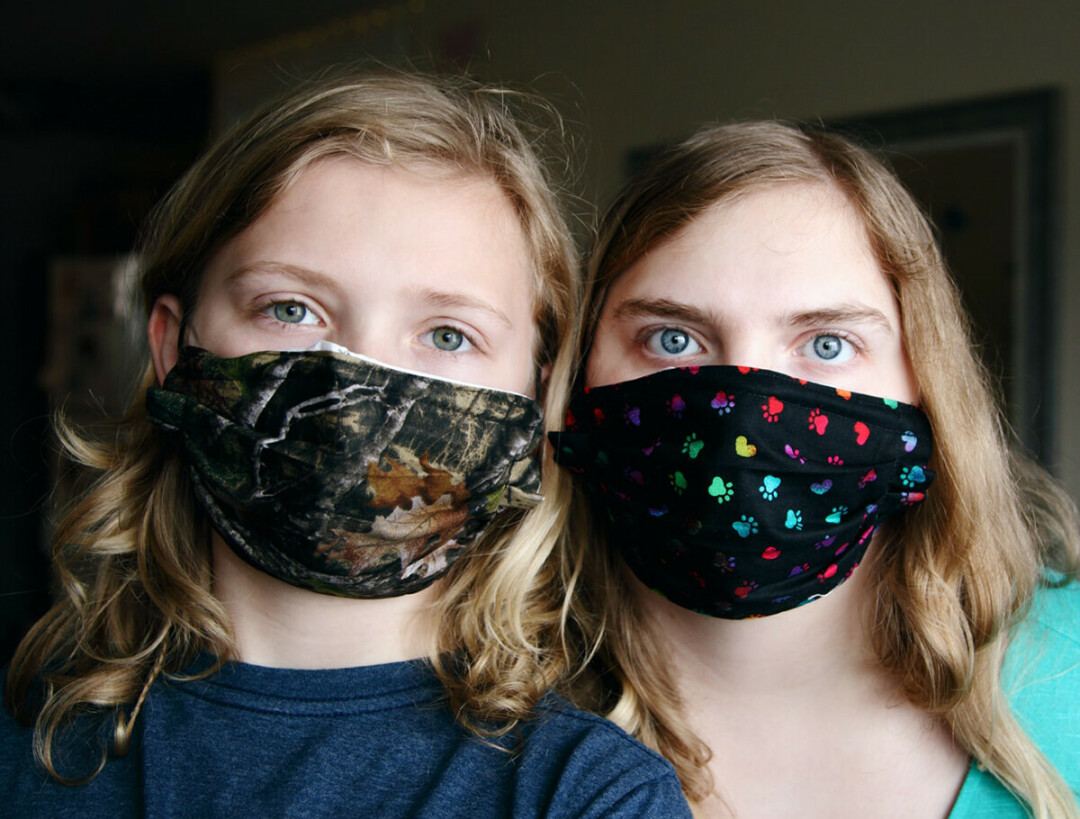Tips for Getting Kiddos Comfortable Wearing Masks

Wearing a cloth mask, in addition to practicing physical distancing and frequent handwashing, plays a critical role in curbing the spread of COVID-19 in our communities and now in our schools.
HSHS Sacred Heart and St. Joseph’s hospitals and Prevea Health offer the following guidance for parents and caregivers to help children become more comfortable with wearing a mask.
Should all children wear a mask?
Children under age 2 should not wear a mask due to suffocation and choking hazards. In addition, parents of children with cognitive or respiratory impairments should use caution with masks for their children. If you have any questions or concerns about whether your child is healthy enough to wear a mask, it is important to consult with their primary care physician.
How can I help my child become more comfortable and/or less afraid of wearing a mask?
One of the most effective ways to help your child become more comfortable with wearing a mask is by being a role model. When you also wear a mask, and do so with a positive attitude, your child is likely to follow your lead. Here are additional helpful tips:
- Look in the mirror with your child while you each wear a mask and talk about it.
- Find a face covering your child can put on and take off themselves to instill confidence.
- Put a mask on a favorite stuffed animal.
- Decorate the child’s mask(s) so they’re more personalized and fun.
- Show your child pictures of other children wearing masks.
- Draw a mask on their favorite book character.
- Practice wearing the mask at home to help your child get used to it.
How can I talk to my child about wearing a mask?
The American Academy of Pediatrics (AAP) recommends that for children under the age of 3, it’s best to answer their questions simply, and in words they can understand. If they ask about why people are wearing masks, explain that sometimes people wear them when they are sick, or when they are in large groups. For children over age 3, the AAP recommends you focus on germs. Explain that germs are special to your own body. Some germs are good and some are bad. The bad ones can make you sick. Since we can’t always tell which are good or bad, the masks help make sure you keep those germs away from your own body.
Prevea Health has more resources dedicated to helping adults and children navigate mask-wearing, including: How masks work, how to clean cloth masks, avoiding fogging glasses and skin irritation, and debunking mask myths. All of these resources are available in one convenient location at www.prevea.com/masking.


















